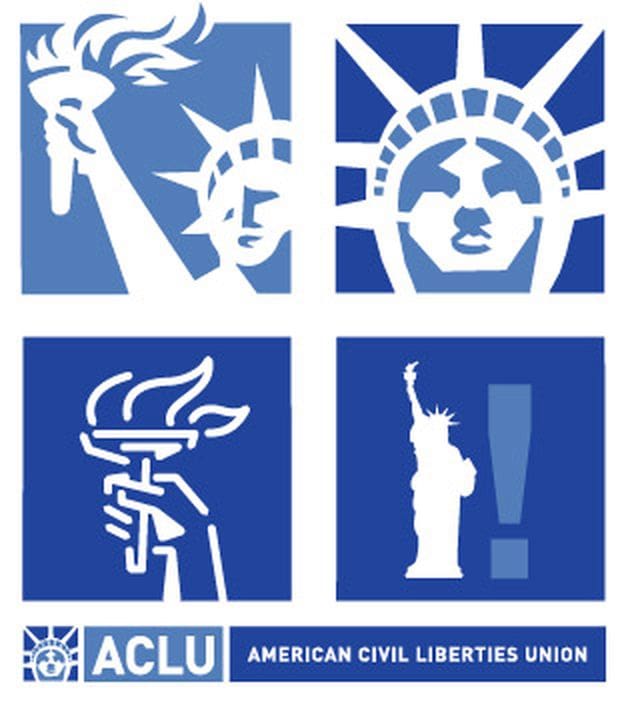Search Posts
Recent Posts
- Rhode Island Weather for May 5, 2024 – John Donnelly May 5, 2024
- Honoring 154 new Eagle Scouts May 5, 2024
- Gimme’ Shelter: Meet John at the Providence Animal Control Center May 5, 2024
- Ask Chef Walter: Mastering Asparagus – Chef Walter Potenza May 5, 2024
- Green Animals Topiary Garden sets its annual plant sale May 5, 2024
Categories
Subscribe!
Thanks for subscribing! Please check your email for further instructions.

The ACLU: An Orwellian Dialogue, Tracking and Civil Liberties
Excerpts from the ACLU statement released yesterday, along with a link to the full document…
As Americans struggle to confront the Covid-19 outbreak, some have suggested that cell phone location tracking technology can help in the effort to contain the disease.
The challenges posed by Covid-19 are extraordinary, and we should consider with an open mind any and all measures that might help contain the virus consistent with our fundamental principles. We note some of those possible uses in this report. At the same time, location data contains an enormously invasive and personal set of information about each of us, with the potential to reveal such things as people’s social, sexual, religious, and political associations. The potential for invasions of privacy, abuse, and stigmatization is enormous. Any uses of such data should be temporary, restricted to public health agencies and purposes, and should make Embargoed until 3p ET Wednesday, April 8. 2020 2 the greatest possible use of available techniques that allow for privacy and anonymity to be protected even as the data is used. Because location tracking has such ominous potential implications, in short, we should make sure that any uses of such sensitive data are necessary, effective, and proportionate. The principal focus of this paper is on whether such uses would be effective.
Key questions that need to be asked:
1. What is the goal?
2. What data?
3. Who gets the data?
4. How is the data used?
5. What is the lifecycle of the data?
The South Korean program
The use of specific location data to assist in identifying where an infected person was in the recent past. Location data is more effective when used to trigger a patient’s recollection of places traveled in the past. South Korea has so far succeeded in minimizing its outbreak through a massive testing and contact-tracing program without the kinds of lockdowns and business closures that other countries have resorted to. One element of its contact-tracing effort is retracing the steps of newly identified coronavirus carriers. To help do that, the legislature has passed a law giving the government authority to collect location data from those who test positive. But instead of trying to cross-reference the location histories of infected people against massive population wide location datasets, South Korean officials simply “anonymize” and publish the patients’ location histories. Numerous web sites and apps make that information available, and citizens can check for possible collisions with infected people. Widespread and quick testing is available for anyone worried that they have been exposed. Such checks have become a part of daily life in South Korea.
Conclusion
In this crisis, we need to seriously consider how technology might help improve public health. This investigation must be based on a realistic understanding of what technology and data can and cannot do, lest we divert attention, expertise, and financial resources from other, simpler but time-tested methods that are more effective. In particular, policymakers should understand the limits of existing location data and devices for automated contact tracing.
The 9 page statement of the ACLU is here:
As this “system” is looked at, be mindful of databases, phone apps, and tracking software. Their degree of anonymous data vs specific data will be of interest to those with security and civil rights interest. Some predict a system on your phone that will track any symptoms you have, your contacts, where you work – even your temperature. You’ll be incentivized to use the system, somehow, including needing to to make screening appointments.
Rhode Island’s newly announced partnership with a company called Salesforce, will deepen a heretofore volunteer relationship to help with data and now will enter into a contract for maintenance, upgrades and licensing of a more sophisticated system.
